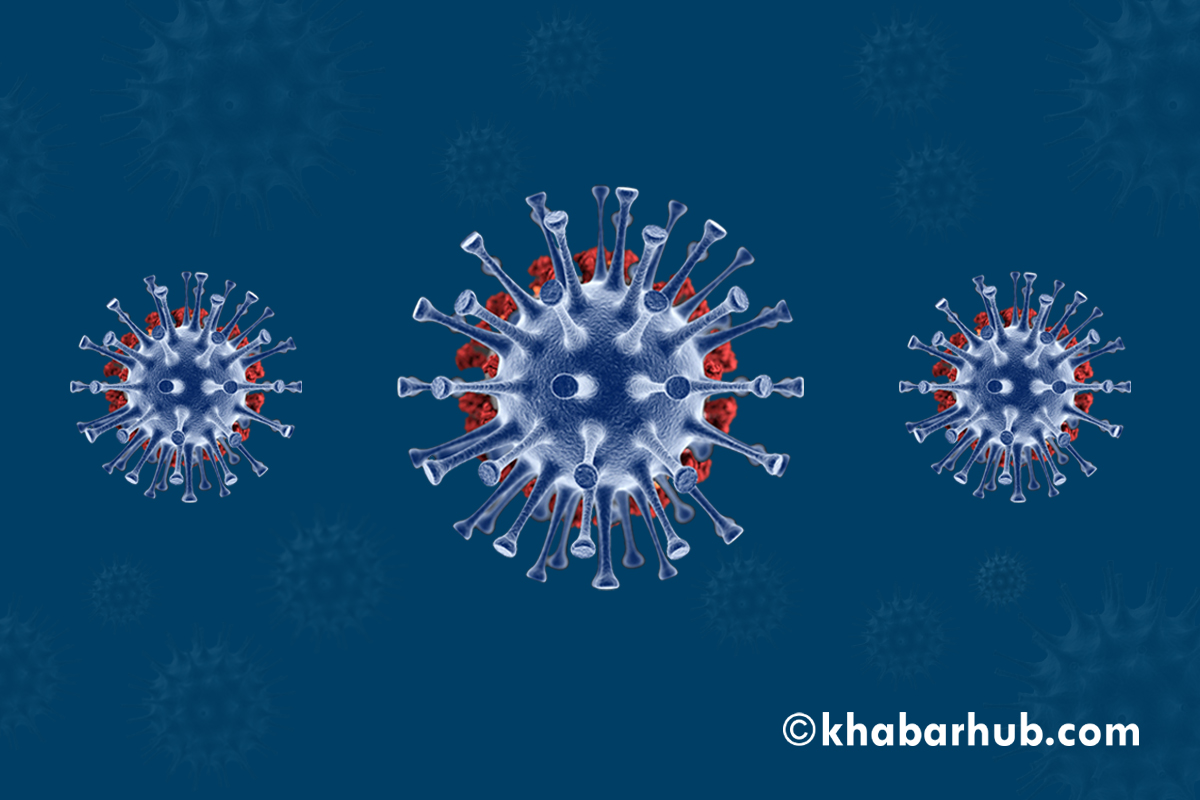WASHINGTON: Does sunlight rapidly destroy the coronavirus? A White House presentation on a mysterious government study says so – but some scientists have called for caution as we await more evidence.
An official from the Department of Homeland Security made the eye-catching announcement during President Donald Trump’s daily pandemic briefing Thursday, showing a dramatic reduction in the virus’s viability under the sun’s rays.
But the fact there are no further details about how the study was conducted has left some experts scratching their heads.
“It looks like someone did a test somewhere,” Benjamin Neuman, chair of biological sciences at Texas A&M University-Texarkana, told AFP.
“It would be good to know how the test was done.”
William Bryan, the official who summarized the findings, told reporters that an experiment was carried out at the National Biodefense Analysis and Countermeasures Center in Maryland.
On a stainless steel surface in sunlight, the virus shrinks to half its amount in a matter of just two minutes in 70 to 75 degrees Fahrenheit (21 to 24 degrees Celsius) heat and 80 percent humidity, compared to six hours in the dark.
When the virus was suspended in the air, its half-life in sunlight was just a minute and a half when the temperature was 70 to 75 degrees with 20 percent humidity, as opposed to one hour in the dark.
Beyond the headline results, there are so far few details, making it impossible for experts to independently validate the findings.
“As a scientist, I’d, of course, like to see an actual study and the actual numbers,” viral epidemiologist Chris von Csefalvay told AFP.
A 2004 study on SARS – a close genetic relative of the new coronavirus – found that UVA light “had no effect on viability, regardless of the duration of exposure.”
“There is no way currently that UV could be used to irradiate inside the body that would do any good,” Paul Hunter, a professor of medicine at the University of East Anglia said.
(with inputs from Agencies)









Comment